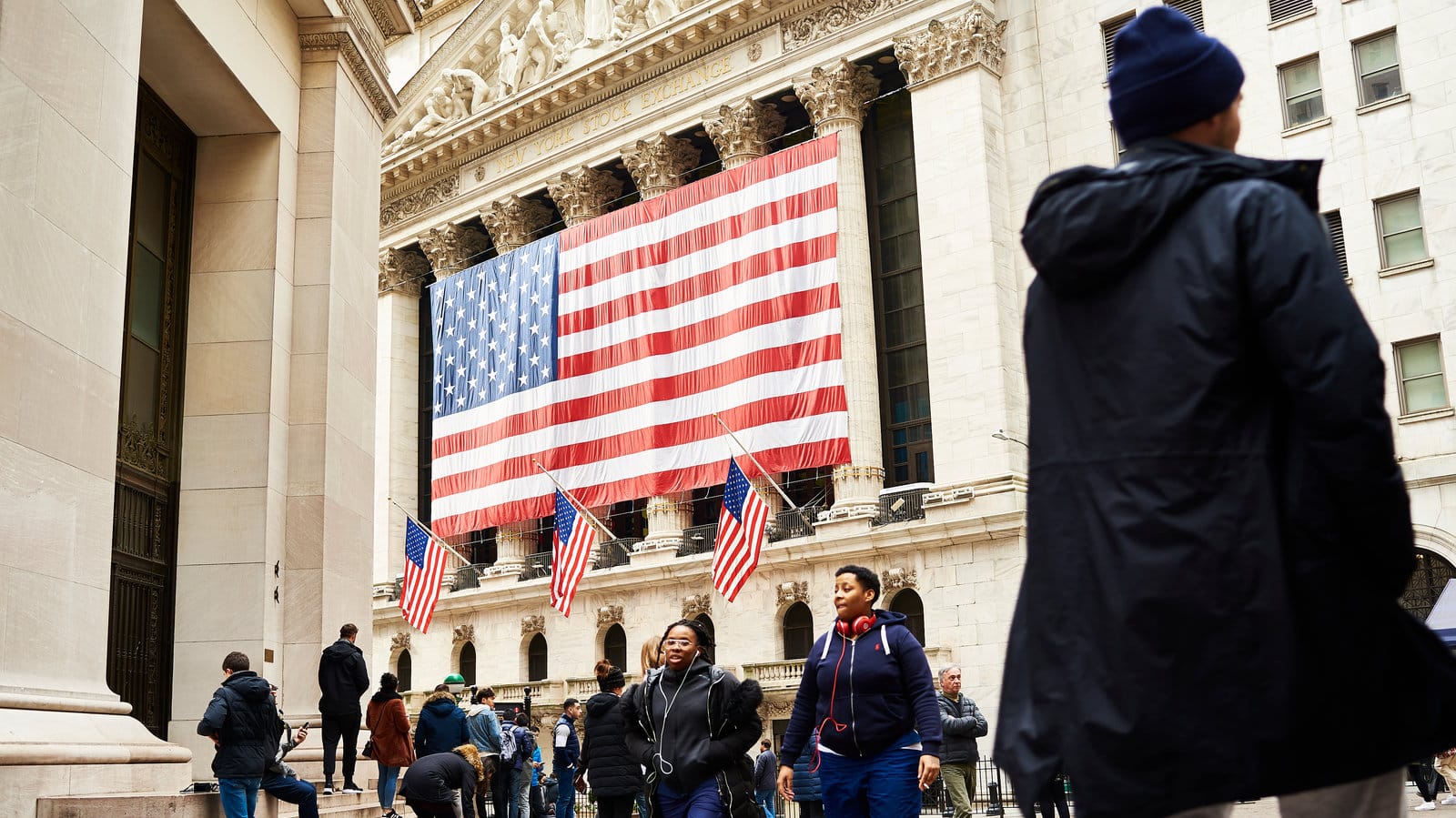In a case that has garnered significant media attention, a San Francisco-based technology consultant has been convicted of second-degree murder in the death of Bob Lee, the founder of the popular mobile payment platform Cash App. The trial, which lasted several weeks, concluded with a jury finding the defendant guilty, marking a pivotal moment in a high-profile case that has drawn the interest of the public and the technology community alike.
The incident occurred on a fateful night in April, when Lee was reportedly stabbed outside a restaurant in downtown San Francisco. Emergency services were called to the scene, and despite their efforts, Lee succumbed to his injuries shortly after arriving at the hospital. The shocking nature of the crime, especially involving such a notable figure in the tech industry, fueled discussions about urban safety and violence.
During the trial, prosecutors presented a comprehensive case against the defendant, detailing the events leading to Lee’s death. The prosecution argued that the defendant had a motive driven by personal conflicts and tensions that escalated into violence. Eyewitness testimonies and forensic evidence were presented to show that the altercation was not spontaneous but rather the culmination of ongoing disputes between the two men.
The defense, on the other hand, argued that the incident was a tragic accident and that their client did not intend to kill Lee. The defense team emphasized that the confrontation arose from a misunderstanding and that the knife used in the altercation was brandished in self-defense. However, the jury ultimately determined that the actions taken by the defendant exceeded the bounds of reasonable self-defense, leading to the conviction.
This case has not only captured attention due to the circumstances of the crime but has also raised critical discourse regarding the safety of individuals in urban settings, particularly within the technology sector. The tech community has been shaken by the news of Lee’s death, as he was regarded as an influential figure and a pioneer in mobile payment technology. His contributions to the field, especially through Cash App, have left a lasting impact on how financial transactions are conducted.
In addition to the trial itself, the aftermath of the incident has prompted discussions among lawmakers and community leaders about the rising rates of violence in cities like San Francisco. Many have expressed concerns about public safety and the need for increased measures to protect residents and visitors alike. As cities grapple with complex issues surrounding crime and safety, the case serves as a stark reminder of the challenges facing urban environments.
Lee’s family has publicly mourned his loss, describing him as a loving father, a visionary entrepreneur, and a friend to many. Their statement reflected not only their personal grief but also a call for reflection on the events that led to his untimely death. The legacy of Bob Lee will likely endure in the tech industry, with many of his colleagues and peers vowing to honor his memory by continuing to innovate and push the boundaries of technology.
While the jury’s decision concludes the trial, it leaves lingering questions about the impact of violence in our communities and the effectiveness of existing safety measures. As the technology sector continues to evolve rapidly, it is crucial for stakeholders at all levels to engage in conversations about safety, conflict resolution, and community responsibility.
As the response to the verdict unfolds, a variety of reactions are anticipated from various sectors of society. Many industry leaders may use this occasion to advocate for greater accountability, innovation in safety technologies, and the importance of fostering a culture that prioritizes peaceful conflict resolution. The high-profile nature of the case provides a unique opportunity for discourse that extends beyond the courtroom, delving into societal norms, values, and the influence of public figures on community dynamics.
This conviction also highlights the complexities faced by the justice system in addressing violent crimes. Each case unfolds with its own nuances, and the legal process aims to navigate these intricacies with fairness and due diligence. As the community processes the ramifications of this case, there is hope that meaningful conversations will emerge that lead to positive changes in societal attitudes and behaviors.
In conclusion, the conviction of the technology consultant in the death of Bob Lee serves as a poignant chapter in both legal and community histories. It underscores the need for safer urban environments, informed technological growth, and a commitment to addressing underlying issues that can lead to escalation and violence. The hope remains that the lessons learned from this incident will resonate far beyond San Francisco, impacting communities and individuals engaged in similar environments across the globe.



